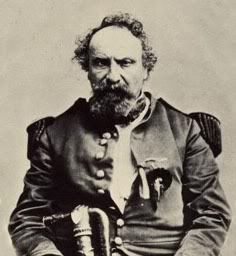History of The Nerd Part I #17: The First Emperor of the United States
You, the reader, may have already guessed that I love history and nerdy stuff. This column is called History of the Nerd after all. So you may also guess how excited I get when worlds collide and I find some history in a nerdy medium. The first time I read issue #31 of Sandman titled 3 Septembers and a January it was one of those moments. I was grinning like a kid who just discovered masturbating because Neil Gaiman was writing about one of my favorite historical figures, Emperor Norton I. The story was the type that Neil excels at, heart warming, with noble characters and emotionally moving. If you have read the story you know what I’m talking about, but you may ask yourself, “what about the real Emperor Norton? Who was he and how was he?” Today we find out about the first emperor of the United States, but be warned, the truth is stranger than the fiction.
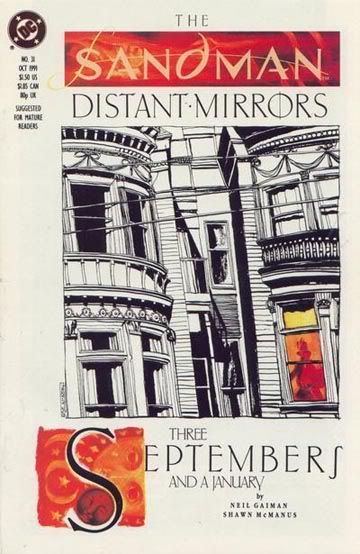
Joshua Norton, or Emperor Norton I, was born in London sometime around 1819. The exact dates are fairly unknown, mostly by myself. When he was still young his family moved to Algoa Bay at the Cape of Good Hope in Africa and got extremely wealthy. They achieved this most likely by raping the nation of its natural resources and spilling the blood of the black man, but hey, it was just what white people did back then. His father John Norton passed away when Joshua was at the tender age of 30 and left him with $40,000. Joshua was fear stricken and paralyzed with the fear that he might have to actually move out and would not be able to suck at the teat of his family’s riches that he was so fond of. Inspiration blossomed in semi-young Norton and he thought, “hmm, my family got rich off the suffering and servitude of black people, maybe there is another race out there that also needs the gentle hand of the white man to suck the life force from them.” Joshua Norton set out for San Francisco knowing that there was a whole horde of Chinese folk that needed a little financial butt fucking. Why didn’t he just go to China, you ask? Their Kung Fu scared him.
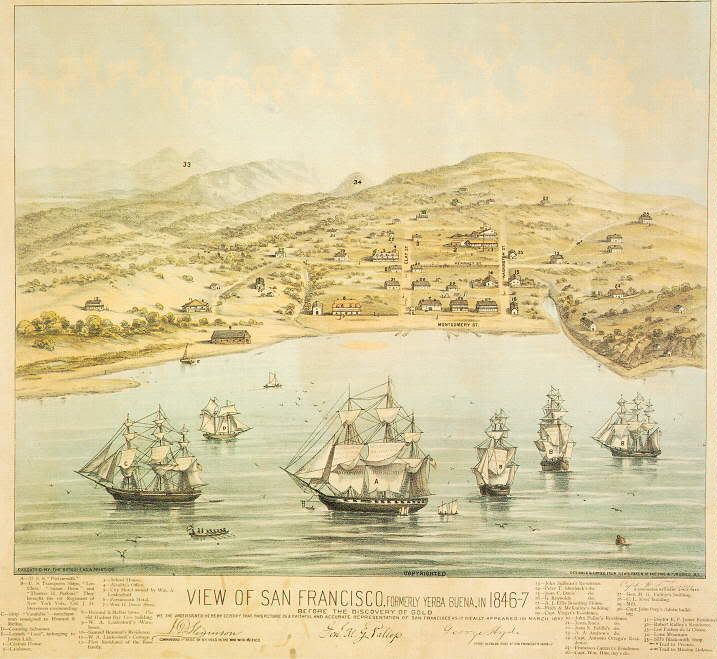
Norton arrived in San Francisco in 1846 and soon became a rice trader knowing that the yellow man needed, air, water and rice to live. His little business was extremely lucrative and by 1853 he made a quarter of a million dollars. (adjusted for inflation he would be able to own Bill Gates.) This wasn’t good enough for the future Emperor, so he decided to corner the market on rice and to bleed the coolies dry. This caused the price of rice to skyrocket and was regarded by the Chinese immigrants of the time as a “dick move.” Disaster struck for Joshua in the form of the Japanese, as it does from time to time. Two Japanese cargo ships unexpectedly arrived in the harbor with a stockpile of rice. This left Norton’s bank account as barren as his soul was. He vanished from the world for three years.
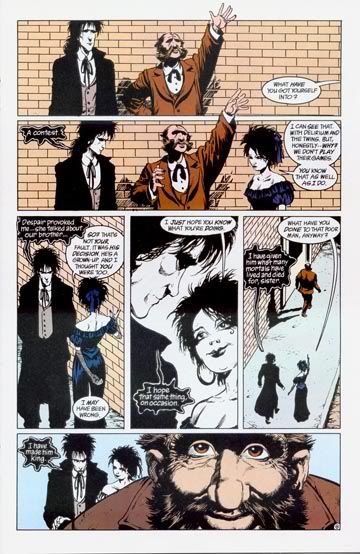
So how does a rice trader become an Emperor of these United States you may, wonder? Well first you would need a note. On September 17, 1859, Joshua Norton returned to the city of San Francisco after he had apparently lost his mind. He walked into the offices of the San Francisco Bulletin and handed in a note that was to the first of his many proclamations. It read:
“At the peremptory request of a large majority of the citizens of these United States, I, Joshua Norton, formerly of Algoa Bay, Cape of Good Hope, and now for the past nine years and tem months of San Francisco, California, declare and proclaim myself Emperor of these U.S., and in virtue of the authority thereby in me vested, do hereby order and direct the representatives of the different States of the Union to assemble in the Musical Hall of this city on the 1st day of February next, then there to make such alterations in the existing lows of the Union as may ameliorate the evils under which the country is laboring, and thereby cause confidence to exist, both at home and abroad, in stability and integrity.”
The editors at the Bulletin must have had a slow news week and giggled their asses of as they took it to print. The next day the headline for the paper was, “An Emperor among us?” Yes, San Francisco was always filled with kooks and nut jobs, and the jackasses who point and laugh at them. Thus began the reign of the first Emperor of the United States.
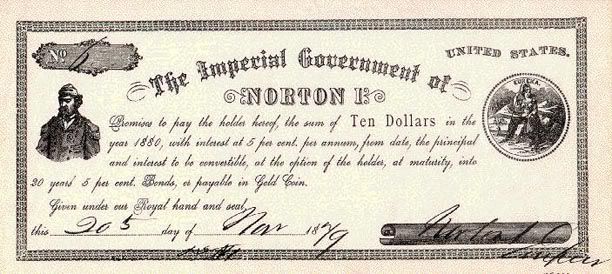
The new Emperor was not only tolerated, he was embraced. Emperor Norton would walk the streets dressed in a regal manner. He wore Civil War uniforms alternating daily between blue and gray. This was to show his support for both the Union and the Confederacy. Norton apparently wanted everyone to be free, but enjoy the occasional flogging of someone every now and then. But really who doesn’t? His costume also consisted of a large multi-feathered beaver hat, a walking cane and a large saber strapped to his side. Maybe people didn’t just think of him as some cute and eccentric, but thought that if they didn’t placate him they would be ran through with a large bladed weapon. Nothing commands respect like a sharp piece of metal. Remember that if you are ever sent to prison.
Norton, though he never became wealthy again, enjoyed a wide variety of benefits that came with donning the crown. He ate at some of the finest establishments in the city for free in exchange for the privilege to put up signs that read, “By Appointment to His Emperor, Joshua Norton I.” Whenever his clothes became worn the Board of Supervisors would ceremoniously present him with a new set for which he would thank them with a note thanking each and every supervisor. They City also gave Norton a bicycle as a means of royal transport. His two dogs, Lazarus and Bummer, and himself were allowed into any play and concert in the city’s theaters. His most important duty was to review the police to check that hey performed their duty, review new cadets at the University of California, march at the head of the annual Police Parade and, in each precinct, a special chair was reserved for him. Norton also printed his own currency with his image on it. The Norton bucks were accepted at most places and even some banks in San Francisco, travelers from out of town would also trade real money to have a signed Norton dollar. He also published proclamations that would resonate through out time and can still be felt today. On March 23, 1869 one of these edicts called for a bridge to be built from Oakland Point to Goat Island and then to San Francisco whenever it’s convenient. In 1872 he banned the F word; who every utters the “abominable word ‘Frisco,’ were to be fined to the tune of $25. Also in 1872, he called for a bridge –twice. He just couldn’t let the damn bridge thing go but to his credit he got his bridge 64 years later. The Golden Gate Bridge was completed on November 12, 1936.
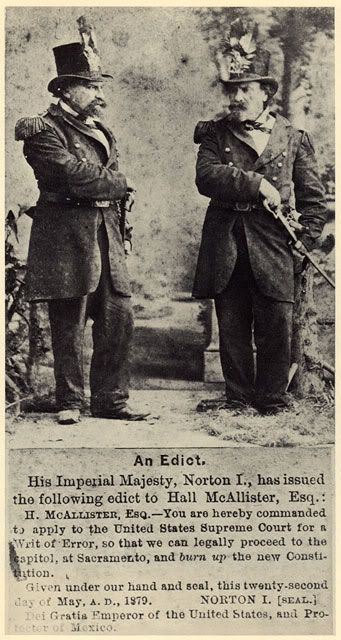
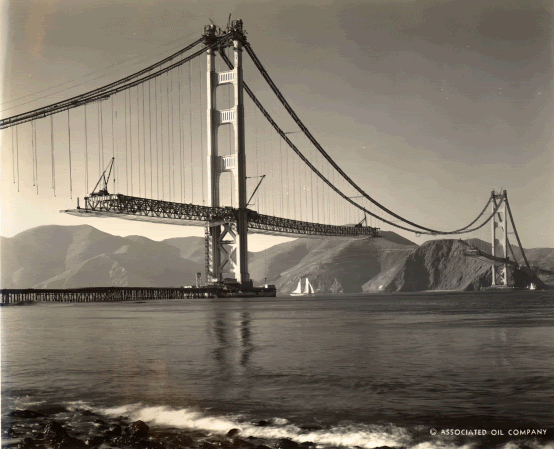
With all the perks Norton gained through establishing his claim on America it was good to be the king, though not everyone saw the Emperor as – well – an emperor. January the 21st, 1867, an overzealous Patrol Special Officer, by the name of Armand Barbier, arrested His Majesty Norton I for vagrancy. Overzealous in history speak means asshole. People pointed out that Emperor Norton had $4.75 in his pocket and lived in a boarding house so he wasn’t technically a vagrant. Still, Armand Barbier, drunk on power declared that Norton was of unsound mind and arrested him as a danger to himself and others. This was surprising to me. This may have been the only time ever in history that an enforcer of the law abused his power and arrested an innocent man, black people not withstanding. This caused a public uproar. The newspapers jumped in to fan the flames by publishing several scathing editorials about the arrest, hoping to stir the mob into a full blown riot because it was a slow news week. The grand Emperor was held in custody pending an examination by the Commissioner of Lunacy. This was a real person and not a Tex Avery cartoon as his title suggests. City Police Chief Patrick Crowley saw to it that the hearing was never held and apologized to the Emperor and ordered him released. After all, he was up for reelection and could use the humanitarian angle. All police officers began to salute Norton I when he passed them on the street from that point on.
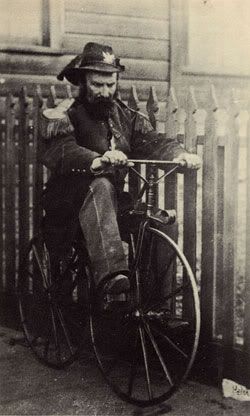
Emperor Norton didn’t just preside over the people and get arrested by the po-po he had some notable friends as well. Samuel Clemens, or as he is more popularly known, Mark Twain, worked next door to Norton’s boarding house and saw the man almost every day. He defended Norton and claimed that the man was as insane as people thought. The King of Pain, (Who also appeared in that issue of Sandman) a well-known liniment salesman also offered Norton a new suit, which Norton declined – mostly out of pride. Twain later, after the Emperors´ death, modeled his character, “The King” in Huckleberry Finn on Emperor Norton. Norton is also mentioned in The Barbary Coast by Herbert Asbury, The Wrecker by Robert Louis Stevenson and the Illuminatus! trilogy by Robert Shea and Robert Anton Wilson. Stevenson’s stepdaughter, Isobel Field, also mentioned Norton in her autobiography entitled This Life I’ve Loved. The Emperor also declared his intent of marriage with this announcement in 1875:
“Whereas, it is our intention to take an Empress, and in consideration of the visits by the Royalty abroad, we, Norton I, Dei Gratia Emperor of the United States and Protector of Mexico, do hereby command the builders of the Palace Hotel to fit up a portion of their building for our Imperial Residence, as becoming the dignity of a great and hopeful nation.”
I imagine the Emperor Norton leaned back in a comfortable rocking chair, waiting for the bitches to come pouring in. This would not be so, no one came a knock’n. This is a mystery to historians like myself, I mean he could eat for free at most restaurants, what else could you want? There is just no pleasing women.
I mentioned earlier that the Emperor had two dogs, Lazarus and Bummer. There are many accounts that they were his constant companions and followers. Indeed many of the contemporary cartoons showed Norton walking his dogs or feasting at a buffet with the two dogs adorably begging at his feet. The latter was an actual cartoon created by Edward Jump titled “The Three Bummers”. In reality their relationship was taut with tension and was tenuous at best. The two dogs would often gossip about their human friend and insult him within ear shot, when confronted they would say that he was paranoid and that, “it’s not always about you”. This was why the cartoon by jump set the usually gentile Norton into a fit of rage when he saw it in a storefront window. Norton attacked the window and destroyed the cartoon or as some claimed he attacked the window but it was too thick succeeding in only breaking his walking stick and then crying a little. Norton saw himself as a king and hated the idea of being a bum or a derelict and then to be associated with two flea bitten mongrels that talked too much smack was intolerable. The friendship of Lazarus and Bummer to the Emperor was perpetuated by Samuel Dickens in a book written in the 1950’s titled “San Francisco is My Home”.
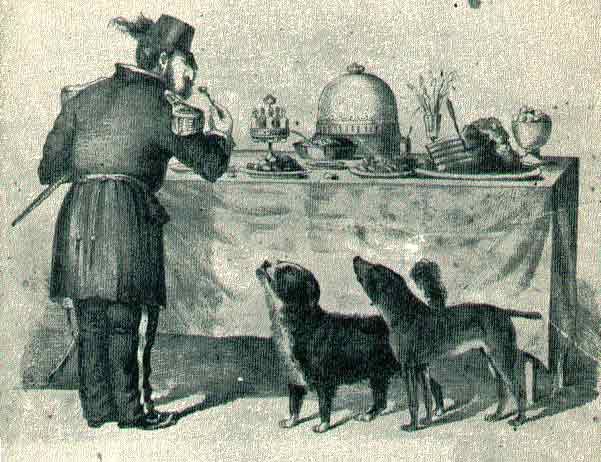
Lazarus was killed in 1863. In his book Samuel Dickens claimed that Lazarus was kicked by the horse of one of the city’s fire engines, though many accounts reported that he was poisoned by being given meat laced with “ratbane” after biting a boy. Samuel Dickens seemed to not know shit about San Francisco. San Franciscans put up a $50 reward for the capture of the poisoner though there are no reports of the poisoner ever being caught. Maybe Norton did it. Just putting it out there. Bummer was taken in by Mark Twain after the death of Lazarus but never the less died a lingering death after being kicked by a drunk by the name of Henry Rippey. Due to Bummer’s popularity the city arrested Ripley to avoid violence. Violence still followed Rippey however. When his cellmate, a popcorn vendor named David Popley, found out what he did, Popley reportedly, quote “popped him in the smeller.” End quote.
Mark Twain produced a eulogy for Bummer that was published in the Virginia City Enterprise.
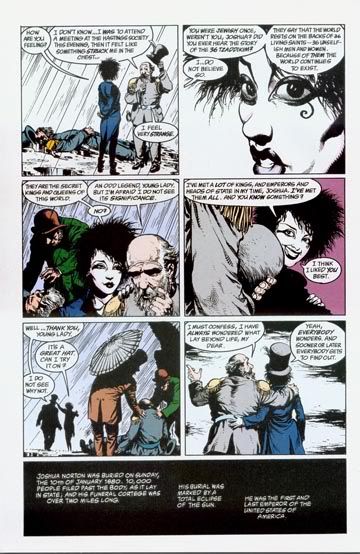
Norton I, Emperor of the United States and Protector of Mexico while on his way to a lecture at the Academy of Natural Sciences collapsed in the street and died. The cause of death was apoplexy. The Morning Call ran the headline; “Norton the First, by the grace of God Emperor of the United States and Protector of Mexico, departed this life.” Wealthy Citizens paid for the funeral expenses and on the 10th of January 1880 Emperor Norton was buried in the Masonic Cemetery. His funeral procession was two miles long and an estimated 30,000 people attended his burial, lining the streets of the city that loved him. The day was marked by a total eclipse of the sun.
